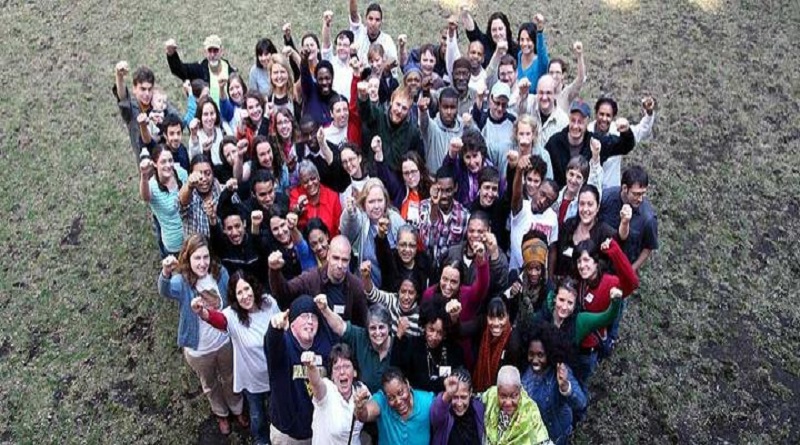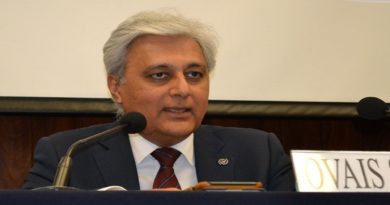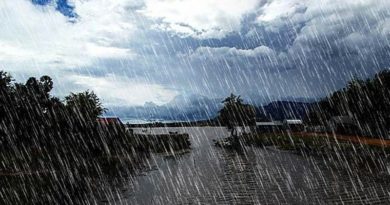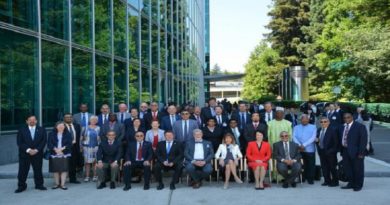Activists seek more action to protect people displaced by climate change
Civil Society campaigners from around the world are calling for more action to protect people displaced by climate change as the United Nations convenes a ‘first of its kind’ Summit for Refugees and Migrants in New York on Monday 19 September.
Intended to make the international response to large movements of migrants and refugees “more humane and coordinated” in a year which has already seen over 3,200 people drown attempting to cross the Mediterranean [1], the meeting will discuss root drivers and causes of large movements of people as well as options for international cooperation.
Civil society groups from many regions welcomed the Summit, but said more needs to be done as climate change is forcing increasing numbers of people to move.
“We’re already seeing devastating impacts on communities as a result of carbon pollution,” said Asad Rehman from Friends of the Earth England, Wales, and Northern Ireland, “and as the planet heats up we’ll see more crop failures, greater food and water insecurity, more intense droughts and floods, and more record-breaking typhoons and hurricanes, which all lead to the forced displacement of people. Countries must meet their existing commitments to protect those displaced as well as undertake new ones – both in terms of fighting the root causes of displacement such as climate change and poverty and also in guaranteeing refugees’ and migrants’ rights.”
“When super typhoon Haiyan struck us in the Philippines in 2013, it left 7,000 people dead and two million homeless. Thousands of families had to permanently move away from unsafe coastal areas, but because they did not leave the country they did not have the same protection and entitlements as ‘refugees’. Their rights and welfare as displaced persons must be addressed not only by our government but also by the international community. The UN must develop an adequate international legal framework to offer protection – Haiyan won’t be the last super typhoon we will face” said Lidy Nacpil from Asian Peoples’ Movement on Debt and Development.
“As a result of rising sea levels here in Papua New Guinea, women from the Carteret Islands are being relocated by the government in war-ravaged Bougainville. Those women, coming from a matrilineal culture, have not only lost their home islands and inherited lands, but their livelihoods, their children’s futures and cultures and traditions. As a result, gender-based violence and poverty have increased” said Helen Hakena from Leitana Nehan Women’s Development Agency.
“Though the ‘displacement task force’ created by the Paris Agreement [2] was a step in the right direction, we need much more attention at a much higher level. The UN Climate Change bodies must work with other UN agencies to ensure nobody is left behind. There are no shortages of ideas – such as the call by the government of Tuvalu for a system of legal protection for those displaced by climate change impacts – what we lack is the political will.”
Current predictions state that anywhere between 50-200 million people could be displaced as a result of climate change by 2050 as many countries begin to experience a permanent loss of territory




